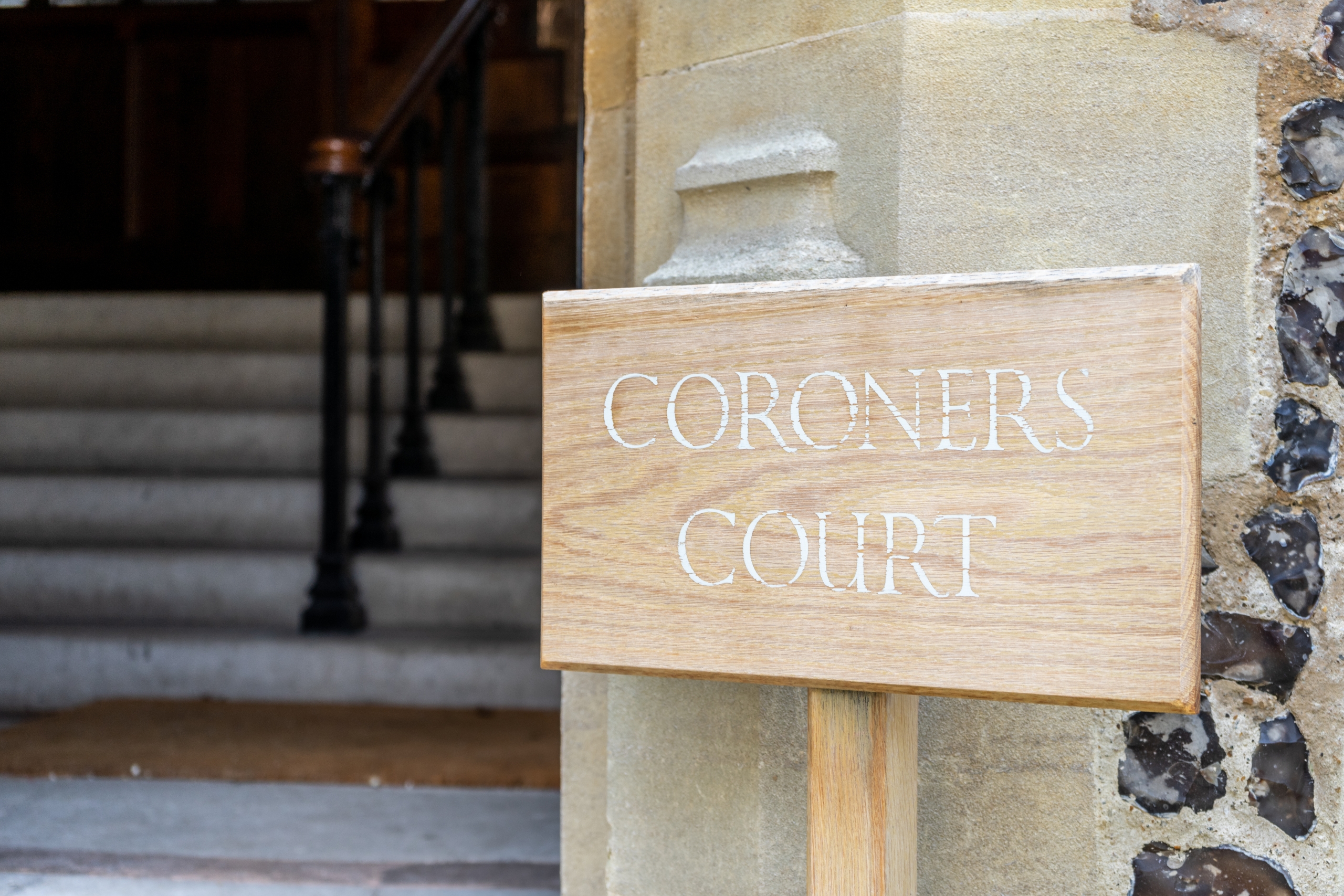
Inquests and PR: key communications advice on handling inquests
What is an inquest?Â
An inquest is a public, fact finding inquiry to establish who the deceased was, when and where they died and how they came about their death. A coroner must hold an inquest if the cause of death is still unknown; the person might have died a violent or unnatural death; or the person might have died in prison or police custody.
An inquest can be an immensely challenging time for the family and friends of the deceased it also can present an opportunity for a degree of closure for all involved.
Organisations across a range of sectors, such as emergency services, healthcare, social care, and leisure, can find themselves involved in inquests at various levels whether as central figures, active participants or peripheral parties.
When organisations are dealing with an inquest that involves them, it is highly important that they prepare accordingly and conduct themselves appropriately throughout.
Inquests are likely to attract media attention and often intense scrutiny of an organisation, its involvement in the death and wider practices.
What is the best communications strategy?
From a communications side, inquests require a clear and comprehensive stakeholder and media strategy to ensure that the process and the people concerned are treated with due respect. If handled poorly by the organisation, inquests can accentuate the suffering of family members and loved ones, lead to strained stakeholder relationships, invite hostile media coverage and result in severe reputational damage.
Having advised clients across a range of sectors when dealing with inquests, we always advise following a few clear steps to help inform your communications response and overall organisational approach to an inquest.
Step 1: Be sensitive to the needs of any victims
When starting out on the inquest process, it is important for organisations to recognise and adopt an approach that is always guided by being sensitive to the needs of any victims, such as the family and loved ones of the deceased.
Any public facing statements and stakeholder communications should reflect the importance of respecting the deceased and people affected by the inquest.
Step 2: Prepare communications in advance
Organisations will have plenty of notice prior to an inquest and in this time communications and scenario plans can be prepared. This will ensure that the organisation has weighed up the possible outcomes and assessed all the stakeholders that require communications, leaving no stone unturned as they handle the inquest with due professionalism and regard for all those affected.
Step 3: Align PR and legal advice
It is possible that civil or even criminal action may arise from the circumstances of the death. This possibility means that your PR strategy and communications should always be aligned with legal advice rushed or ill-considered communications may lead to significant legal repercussions down the line.
Step 4: Prepare for media approaches
Media interest is very likely and organisations should adopt clear policies on handling media enquiries. In-house comms teams should be briefed on dealing with journalists via the phone and email. It is advisable for senior leaders to undergo some form of media training doorstepping approaches can be common in high-profile inquests and having the knowledge in place on handling these will greatly help senior leaders navigate what can be a testing and challenging moment.
Step 5: Activate media monitoring
Organisations should track social, digital and print media for keywords associated with the inquest real-time alerts will help you stay on top of mentions and spot issues before they gather pace. Having an informed understanding of what the media and public are saying about the inquest and organisation will help shape your communications and keep the organisation on top of what can be an evolving situation as an inquest approaches and scrutiny increases.
Alder has helped many organisations handle the communications and media attention surrounding an inquest. If you are currently preparing for an inquest or want support in planning ahead of time, then contact our specialist team at [email protected] or call 020 7692 5675.


